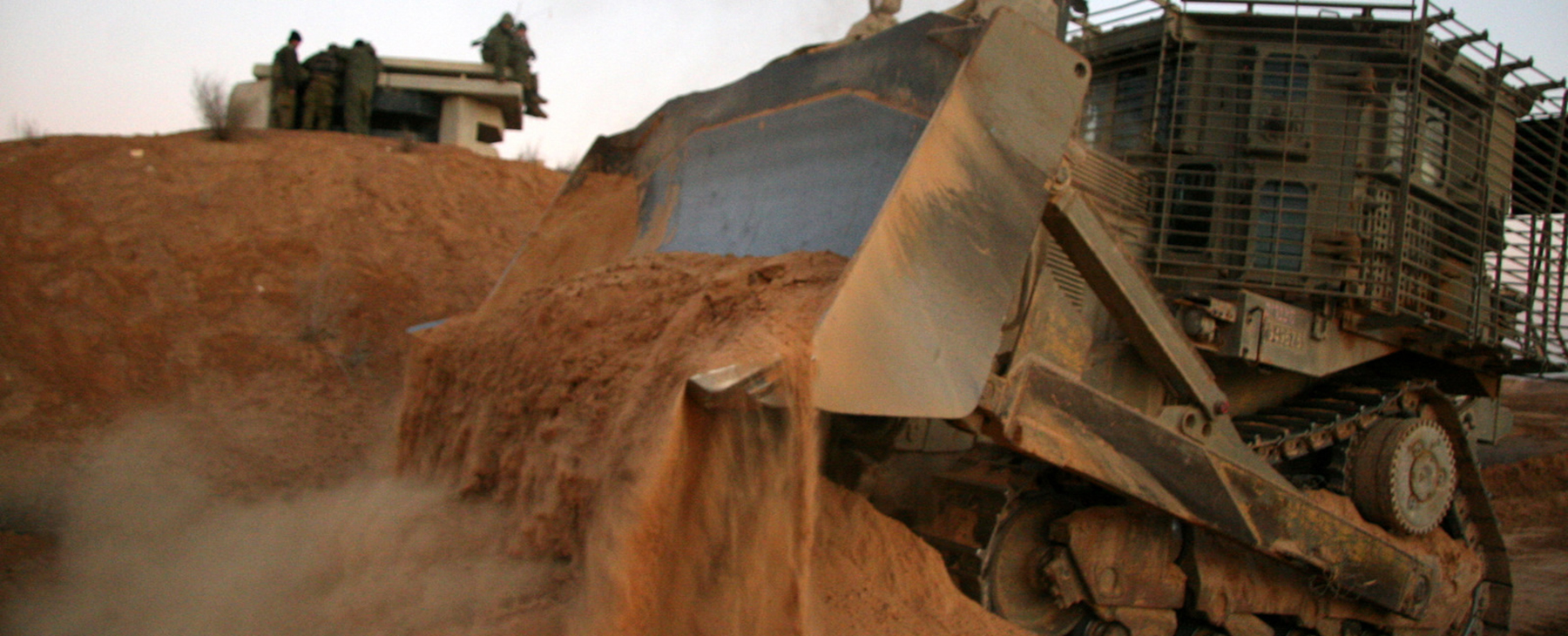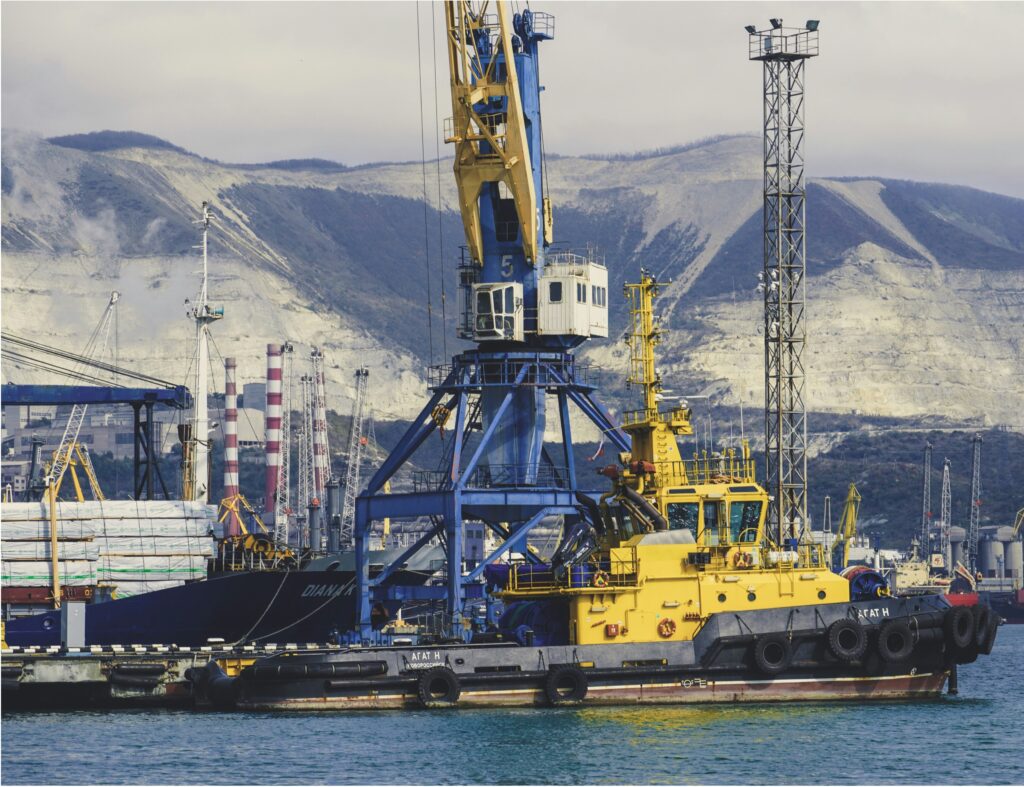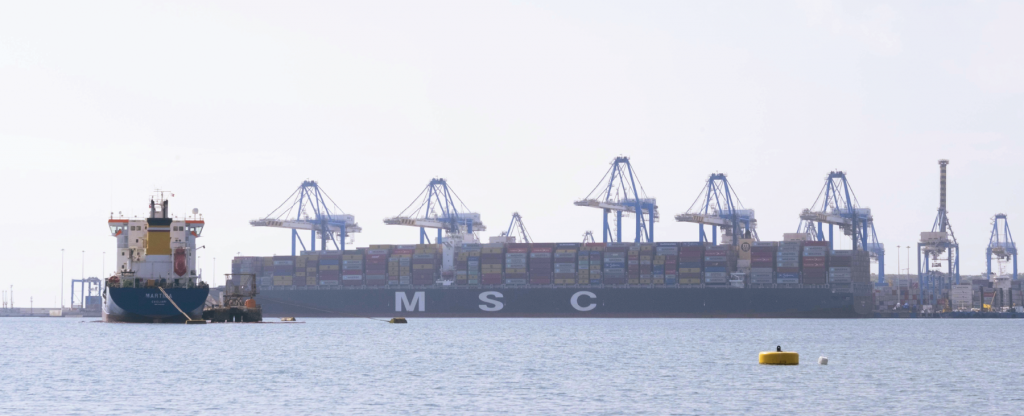Bulldozers and war crimes: How do we control what exported goods are used for?
In March 2011, TRIAL International assisted six Palestinian families with their criminal complaint against the Swiss subsidiary of the machinery manufacturer Caterpillar. In August 2007, the Israeli army had used D9 bulldozers made by the American company to demolish the homes of the plaintiffs in the West Bank city of Qalqiliya, allegedly to uncover members of Hamas. The complaint was not pursued, but the prosecutor did recognize that the Israeli army had committed war crimes.

The Office of the Attorney General (OAG) closed the case in 2014 on the grounds that the bulldozers in question were not weapons, and that Caterpillar could not be held accountable for how they had been used by the Israeli Defense Forces (IDF). Given that the terrorist group sought by the Tsahal had not been found, however, the prosecutor classed the destruction as “punitive demolitions”. In other words: war crimes.
For TRIAL International, the OAG condemning the demolitions is a historic decision, because it was the first time that a country’s prosecuting authorities had found the Israeli army guilty of war crimes. Philip Grant, TRIAL International’s Executive Director, remarked that the decision represents “a strong message to all companies whose business activities violate human rights, and a turn of events that should make them think: ‘what if the next complaint is filed against us?’”.
Companies that manufacture and export machinery used in battlefields often claim to be unaware of the situation. What’s more, in this particular case the bulldozers made by Caterpillar were not considered “dual-use goods”, i.e. which can be used for both civilian and military purposes. As such, the company did not become automatically responsible when its Swiss subsidiary exported the goods. Yet by recognizing that the equipment intended for civilian purposes had instead been used by IDF to commit war crimes, the OAG went a step further. Henceforth, Caterpillar cannot claim to be acting in good faith or plead ignorance.
By adopting a regulation requiring companies to know how the goods they sell are used, Switzerland would pull the rug out from under those that try to feign ignorance. TRIAL International supports introducing stricter rules to ensure compliance with human rights for Swiss companies that conduct business abroad, especially in conflict situations and cases of large-scale human rights violations.










